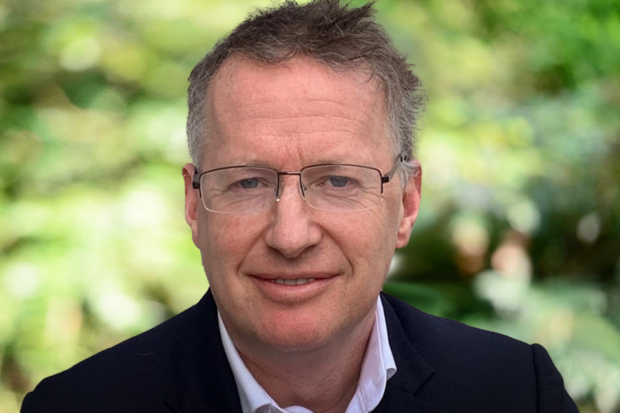Charity Commission chair Orlando Fraser has defended the charitable status of think tanks saying they are “are critical to our political ecosystem”.
In an article in The Times he said he disagreed with concerns that think tanks are political organisations which are not contributing to the public good.
“Their model of policy development and scrutiny is present in most established democratic nations, where solutions to the toughest challenges are researched, analysed and debated with gusto,” said Fraser.
“It is because of the important role of think tanks in informing debate and educating the public that many of them hold charitable status in England and Wales. Yet the nature of these charities is too often called into question.
“Some argue that think tanks are inherently political organisations and, accordingly, don’t deserve the benefits that charitable status brings. I disagree.
“Charitable think tanks make an enormously positive contribution to intellectual debate. That is a good thing, whatever intellectual tradition they come from.”
He added: “I hope charity think tanks can continue to carry out the work they do unhindered by unfounded complaints made to the commission about the alleged non-charitable nature of their work — and continue to be the valuable part of our democracy they are trusted to be.”
His comments have been made a month after the Charity Commission withdrew a regulatory alert issued six years around the behaviour of think tanks who are registered as charities.
The alert was issued in December 2018 and warned charitable think tanks that they must “operate and behave as charities”.
This had warned such organisations that they need to operate “for the public benefit” and was backed by a letter to charitable think tanks by the regulator’s CEO Helen Stephenson.
The withdrawal of the regulatory alert comes as a group of cross-party MPs and campaign group Good Law Project continue their bid to launch a legal challenge against the Charity Commission.
This charity with harmful views is getting a pass from the regulator. And the regulator is chaired by... a former Tory candidate 👀
— Good Law Project (@GoodLawProject) April 14, 2024
👇 Help us fight for accountabilityhttps://t.co/w72Sdj7xhZ pic.twitter.com/qtf6J7ml4X
They are concerned around a lack of action by the regulator to investigate a complaint around the work of “climate-sceptic charity”, the Global Warming Policy Foundation.
The claim the think tank is “breaching charity law in its quest to influence the government”.
While the Foundation is listed on the charities register as working “to advance the public understanding of global warming”, it is carrying out “one-sided research” and is “part of the network of radical rightwing organisations based at Tufton Street who don’t disclose their funding”, claim campaigners.













Recent Stories